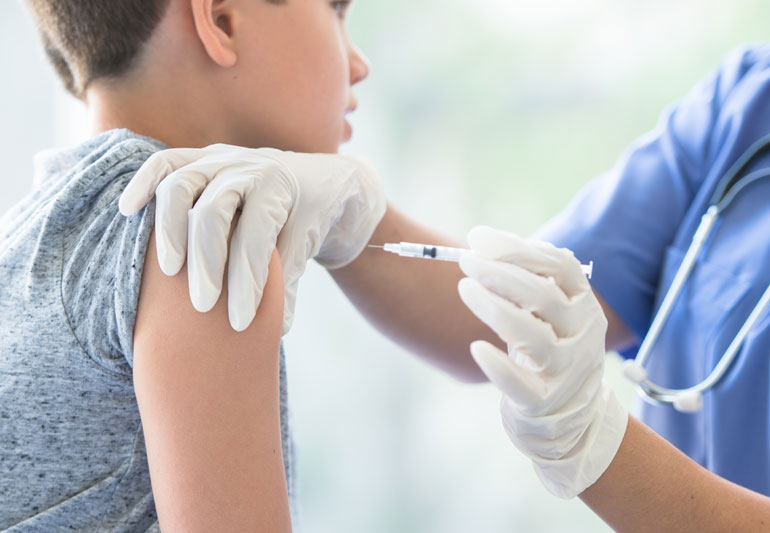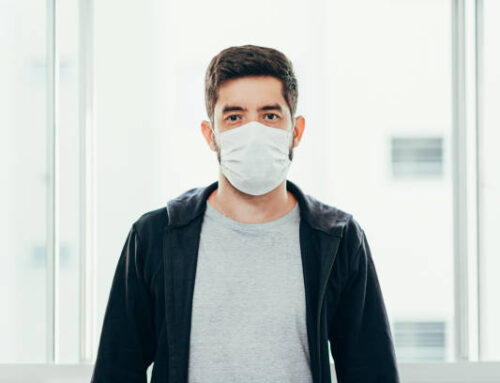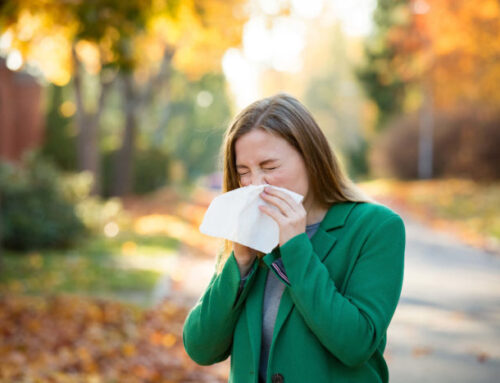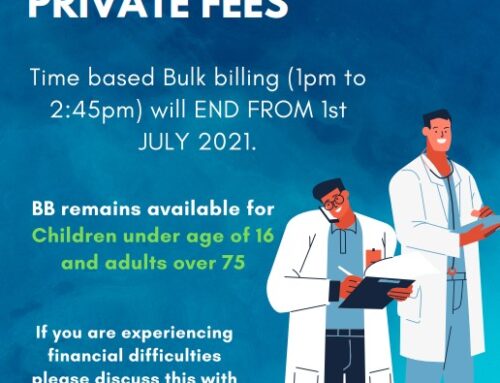
COVID-19 vaccination in children
With the Omicron variant of Covid-19 circulating widely within our community, it is clear that children get infected as frequently as adults. Many parents have asked our doctors about the benefits of the vaccine for their children, given that Covid-19 tends to be quite mild in children and the vaccine is relatively new. We hope this article helps guide you in making an informed decision for your family.
Effects of Covid-19 in children:
The risk of death from Covid-19 in children is extremely low, at approximately 1 in 100,000. This means that if 100,000 children get Covid, one will die. Hospitalisations and ICU admissions, however, are much more frequent (based on a large German study from November 2021) with an ICU admission rate of 17 per 100,000 and a hospitalisation rate of 359 per 100,000. This means that about 1 in 280 children with Covid will be hospitalised.
Days or weeks after Covid-19 infection, some children will develop a complex condition called paediatric inflammatory multisystem syndrome (PIMS), sometimes referred to as multisystem inflammatory syndrome in children (MIS-C). Whilst PIMS is uncommon, with an estimated incidence of approximately 25 per 100,000, it can be a serious illness. Affected children will develop fever plus a range of other symptoms including rashes, fatigue, abdominal pain,
headaches, diarrhoea & vomiting. Approximately 2% of children diagnosed with PIMS die, and approximately 15% will have long term consequences. 75% of children with PIMS will experience myocarditis (an overall risk of 18 per 100,000 Covid infections or 1 in 5,000).
Long Covid is a term that covers a range of symptoms that last for weeks after the primary infection resolves. One of the most significant consequences is chronic fatigue syndrome (CFS). In children aged 0-9, the risk of CFS is approximately 40 in 100,000, and in children aged 10-19 is significantly higher at 200 in 100,000. Healthy children are just as likely as those with underlying health conditions to be hospitalised, and twice as likely to get PIMS. ICU admissions and death are, however, much less likely in healthy children.
Protective effects of the Pfizer vaccine:
Covid-19 vaccinations have been demonstrated to be very effective at reducing infection and hospitalisation. Children aged 5-11 have the same
antibody response to the Pfizer vaccine as those aged 16-25. The likelihood of infection has been shown to be reduced by 91%. Children are 93% less likely to be hospitalised after 2 doses of Pfizer. A French study showed a reduction in PIMS by 90% following vaccination.
Side effects of the Pfizer vaccine:
The most common side effect experienced in children is injection site pain (80%). Other reported side effects include fatigue (50%), headache (30%), injection site swelling & redness (20%), and muscle aches & chills (10%). Less common side effects may include fever, diarrhoea, vomiting & swollen lymph nodes. Most children tolerate the vaccine very well with minimal side effects. Many parents worry about myocarditis as a potential side effect of the vaccine, but studies have shown a significantly lower risk of myocarditis from the vaccine (1 in 16,000 in adolescent males, and much lower in all other groups) than from Covid-19
infection.
Further information:
This podcast by the Royal Children’s Hospital (originally recorded as a Facebook Live session on 16th December 2021) addresses parents’ questions and provides detailed information about the vaccine and its benefits. It is well worth listening to if you have any concerns about the vaccine.
Written and collated by Dr Denise Ierino



